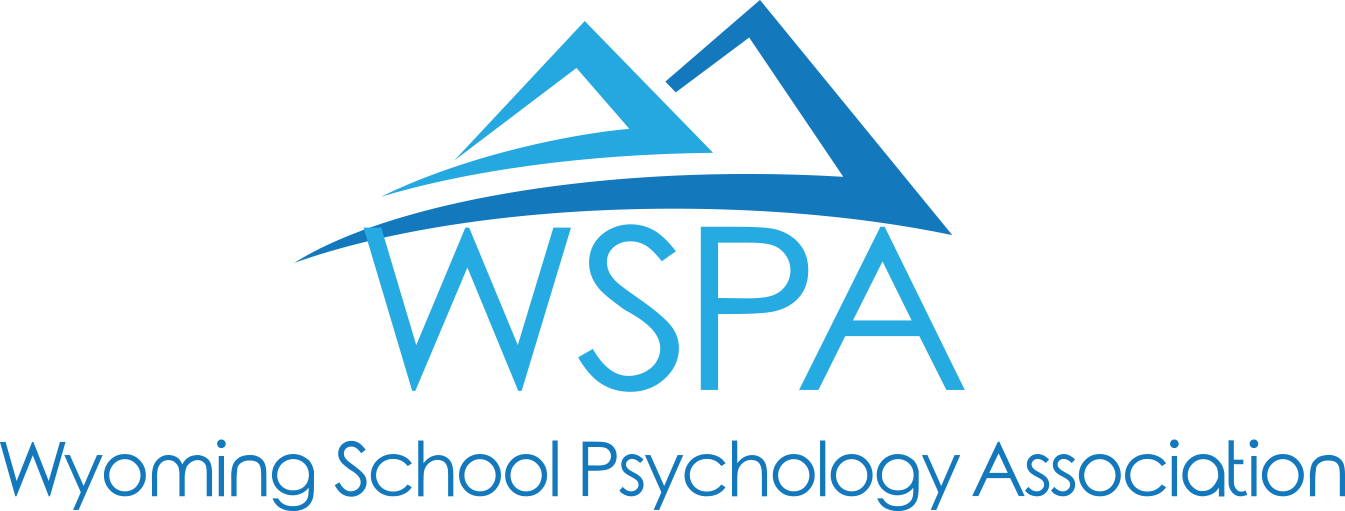***This post was written by Erin Hanson, Government and Professional Relations Committee State Liaison for WSPA***
This is a continual debate I have with myself from my graduate training in school psychology until present day practice in the field. Even tabling the discussion of how best to identify SLD for now, does the IQ testing that most of us do in the state really inform how best to intervene with students with learning disabilities?
My graduate program was heavily steeped in Response to Intervention (RtI) and my first job out of graduate school was in a small town in Colorado where we were moving towards using RtI to determine SLD eligibility. Now living and working in Wyoming I solely use the severe discrepancy method of identifying SLD and it is common practice to do an IQ test for all re-evaluations. I have wondered if I am the minority in asking the question, is IQ testing the best way to identify and inform programming for a student with SLD? While I understand there are different camps of thought on this subject, NASP and discussions with local colleagues suggest I am not the only one asking this question.
I recently read the article, Effect of Cognitive Processing Assessments and Interventions on Academic Outcomes: Can 200 Studies Be Wrong? By Matthew K. Burns in Vol. 44, Issue 5 of NASP’s Communique that questions the validity of using cognitive measures to inform reading and math interventions. Other documents referred to me by a fellow Wyoming colleague include CDE’s SLD Evaluation and Eligibility and Guidelines for Identifying Students with Specific Disabilities (available at https://www.cde.state.co.us/cdesped/sd-sld_resources) which also question cognitive assessment informing intervention. With more and more research suggesting we use student response data to inform intervention, I am puzzled why WY districts’ policies and procedures are not changing.
From personal experience, I sit in IEP meetings and find I can speak to a student’s cognitive strengths and weaknesses with the testing results I have but they translate more to accomodations than instruction. I am grateful for current information such as Jack Fletcher’s presentation at the WSPA Fall 2016 conference that addressed reading, writing, and math instructional evidenced based practices. If we are having the discussion of whether or not cognitive assessments best inform instruction, why are we also not having the discussions of how to start making a change so our evaluation is better informing instructional practices? And how can we best enact change?

Thank you Erin. I too have had difficulty with this and this is only my second year practicing in Wyoming. At every re-evaluation, I spend more time arguing against a cognitive assessment than necessary. I believe that to test in an area, there must be a valid REASON for that assessment. Simply because it has always been done is not a good reason. I am even asked to assess cognitive assessment on students whom are exiting special ed. WHY? because it has always been common practice in our district. I would love it if WSPA would develop some guidelines that we can share with our teams so they don’t think i’m just an odd ball school psych who doesn’t want to assess students.